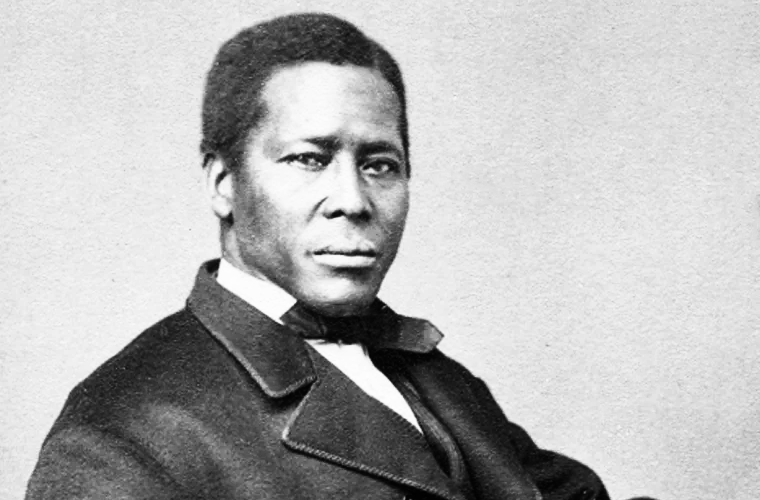William Still (1821–1902) was an African-American abolitionist, writer, and Underground Railroad conductor. He was born in Burlington County, New Jersey, to parents who were formerly enslaved. Still became a prominent figure in the fight against slavery and played a significant role in assisting freedom seekers to escape to the Northern states and Canada.
As a child, Still’s parents escaped slavery and settled in New Jersey. Despite facing financial challenges, Still received an education and eventually found work as a clerk for the Pennsylvania Anti-Slavery Society. He quickly rose through the ranks and became involved in aiding escaped slaves.
Still’s most significant contribution was as a conductor on the Underground Railroad, a network of secret routes and safe houses used by enslaved individuals to escape to free states and Canada. He helped approximately 800 enslaved people to freedom, meticulously recording their stories, experiences, and personal information in his journal, which became a valuable historical resource.
In 1872, Still published “The Underground Railroad Records,” documenting the stories of those he had assisted, including fugitive slaves and information on the various escape routes. The book provided a comprehensive account of the Underground Railroad and was one of the first historical records of its kind.
In addition to his work on the Underground Railroad, Still was active in the abolitionist movement, working with prominent figures such as Frederick Douglass and Harriet Tubman. He continued advocating for civil rights and equality even after the abolition of slavery, fighting against discrimination and supporting education and job opportunities for African Americans.
William Still’s contributions to the abolitionist movement and the Underground Railroad are widely recognized. His dedication and documentation of the stories of those he helped have provided invaluable insights into the struggle for freedom and the lives of enslaved individuals during that time. His work continues to inspire and educate people about the history of slavery and the fight for equality.

